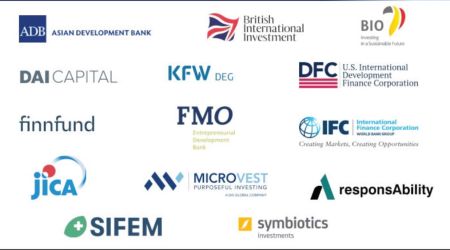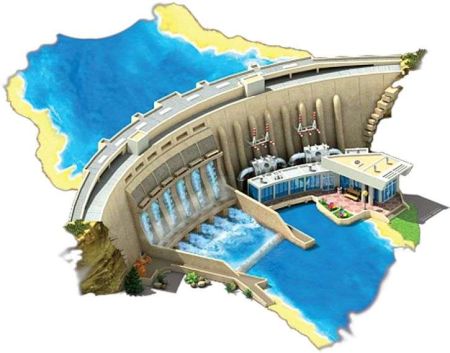November 16: Stakeholders and experts of Green Climate Funding are of the view that prioritization, capacity building, and policy paradigm are crucial for the development of Green SME Financing in Nepal.
Siddhant Pandey, chairman and CEO of Business Oxygen Private Limited shared that Green SME Financing is a new topic for an underdeveloped country like Nepal. However, there are tremendous possibilities in the area of Green Financing to expand, he said while speaking at a panel discussion organized by Nepal Economic Forum on the topic of Exploring Challenges and Opportunities Post COP 26 at Hotel Himalaya.
Likewise, he appreciated the government's effort in being proactive regarding the issue and actively drafting regulations to improve Green Investment.
“However, we have failed to implement the regulations in time,” he said, adding, “We are in the starting phase and haven't done much, it will take time and eventually flourish in the days to come.”
P2P collaboration can bring in a lot of initiative to overcome the current challenges and channelize the fund, Pandey further said.
Green Financing aims to eject funds for reducing carbon emissions or raising resource efficiency. In simple words, green investment aims at supporting business practices that have a favorable impact on the environment.
Similarly, Chandni Singh, private sector development advisor to the British Embassy, shared that prioritization of Green Financing is important for it to flourish in Nepal.
Likewise, she added that Nepal should learn from the experiences of other countries for the promotion and implementation of Green Financing in the country.
Equity ventures like BO2 and Dolma have been investing in green energy in Nepal.
Singh also added that SMEs have a huge potential in the sectors of energy, agriculture, and tourism with Green Financing.
During the discussion, the panelist kept their views on the limitation of funds on funding SMEs through Green Financing. The panelists also shared that the SMEs in Nepal are unable to receive sufficient funds due to the lack of collateral.
Another panelist Anupa Rimal Lamichhane, regional manager of Asia Pacific Green Climate Fund, shared her work experiences on Green Financing. She gave some examples from her previous work experiences in Chile and Africa on funding programs under Green Financing.
“In Nepal, we have been channeling the funds with the private sector but we have been working with the government to facilitate them. The government needs to take the initiative to implement right sort of regulation to get in FDI for Green Financing projects,” she shared.
Likewise, she added that the government should prioritize climate financing, plan projects that the country needs under it, build the capacity of the entire value chain and the project. Enabling the environment in the country by amending policies and regulations is crucial, she added.
Green Financing is a part of the Paris Agreement to reduce carbon emissions through public-private collaboration.
The government aims to collect Rs 25 billion from Climate Finance by 2045. Stakeholders share that it is an ambitious goal set by the government that requires heavy investment.
Meanwhile, Peter Mousley, lead private sector specialist at the World Bank Nepal, shared that a lot of initiative has been taken in Climate Financing. However, there is a lot that needs to be done, he added.
He shared that the lack of accurate data is one of the major problems to track the situation. This is where the regulator comes in and the government can help.
The core focus of Green Financing lies on ventures or enterprises that are committed to the conservation of natural resources, pollution reduction, or other environmentally conscious business practices, which also benefit society. However, the panelists shared that green investment tends to be slightly more specific. According to them, green investments can also refer to companies that have other lines of business but focus on green-based initiatives or product lines. Investors want to put their investment not in the SME but in the companies with results, the panelist shared.






















